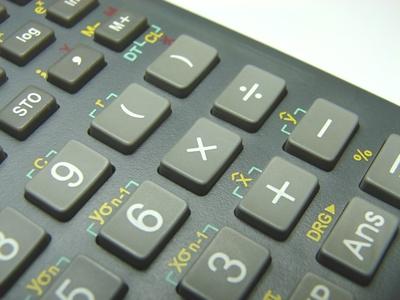Some children delight in the manipulation of numbers. For others, however, even the simplest math problems prove challenging. Regardless of which side of this divide your child falls on, she will certainly require at least basic math skills as she moves through school and eventually ventures out into the real world. To ensure that your kid has the arithmetic skills required for later success, consider some ways in which math skills can be developed both in the classroom and at home.
Math Building Blocks
While early math study may seem to be full of overly simple, and perhaps even unimportant, concepts, early math is vital to comprehension of more complex math concepts. Each math concept a child learns will build upon previously learned material. This means that a failure to comprehend some early math concepts can lead to even more serious math struggles later on. If you notice that your child seems to be struggling to understand some math concepts he is currently studying, work to ensure that he does ultimately comprehend these topics to ensure that he is not held up later in his math studies.
Benefits of Hands-On
Hands-on math lessons are effective because they allow students to engage with math in real life situations. By providing students with math lessons, teachers can make this abstract subject real to their students. As a parent, you can provide similar hands on lessons, allowing children to complete simple counting tasks within the home, such as counting how many boxes of cereal you have or calculating how many apples would be left if each family member ate one.
Social Math Completion
While some independent math study is necessary, students often enjoy math more, and commit the information to memory better, if they study math in a social setting. By allowing your kid to work with a peer while he completes his homework or sitting down and talking through math problems with him, you can make the task of completing these calculations seem a bit less tedious.
Growing with Games
While few students enjoy sitting down and completing a worksheet, many look forward to playing games, even if those games are math-related. Many teachers opt to integrate games into their lessons, motivating pupils to work a little harder on deriving the right answer. Enhance your child’s learning by creating math games for him to complete at home. Ask him to throw balls into a basket to signify a math problem answer or run about the room while he works the math problem out in his head.
Math at Home
While children learn many of the math facts they will require at school, practicing these skills at home can greatly increase your kid’s chances of math success. Whenever possible, give your child a chance to show off his math knowledge. Though it may take a bit longer for your child to calculate things than it would have taken you, he needs the practice and will likely delight in being given the task of solving math problems for you.





